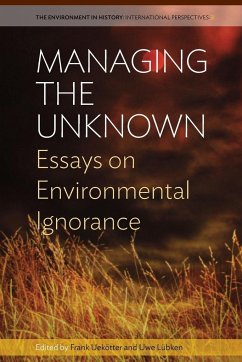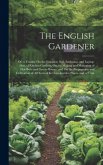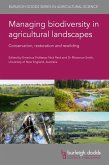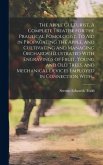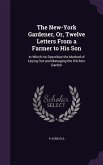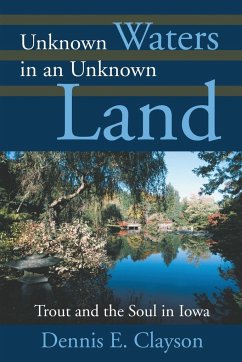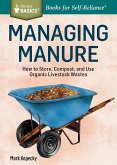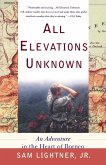Information is crucial when it comes to the management of resources. But what if knowledge is incomplete, or biased, or otherwise deficient? How did people define patterns of proper use in the absence of cognitive certainty? Discussing this challenge for a diverse set of resources from fish to rubber, these essays show that deficient knowledge is a far more pervasive challenge in resource history than conventional readings suggest. Furthermore, environmental ignorance does not inevitably shrink with the march of scientific progress: these essays suggest more of a dialectical relationship between knowledge and ignorance that has different shapes and trajectories. With its combination of empirical case studies and theoretical reflection, the essays make a significant contribution to the interdisciplinary debate on the production and resilience of ignorance. At the same time, this volume combines insights from different continents as well as the seas in between and thus sketches outlines of an emerging global resource history.
Hinweis: Dieser Artikel kann nur an eine deutsche Lieferadresse ausgeliefert werden.
Hinweis: Dieser Artikel kann nur an eine deutsche Lieferadresse ausgeliefert werden.

